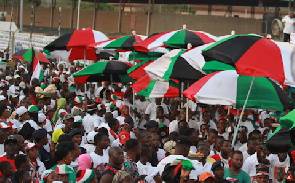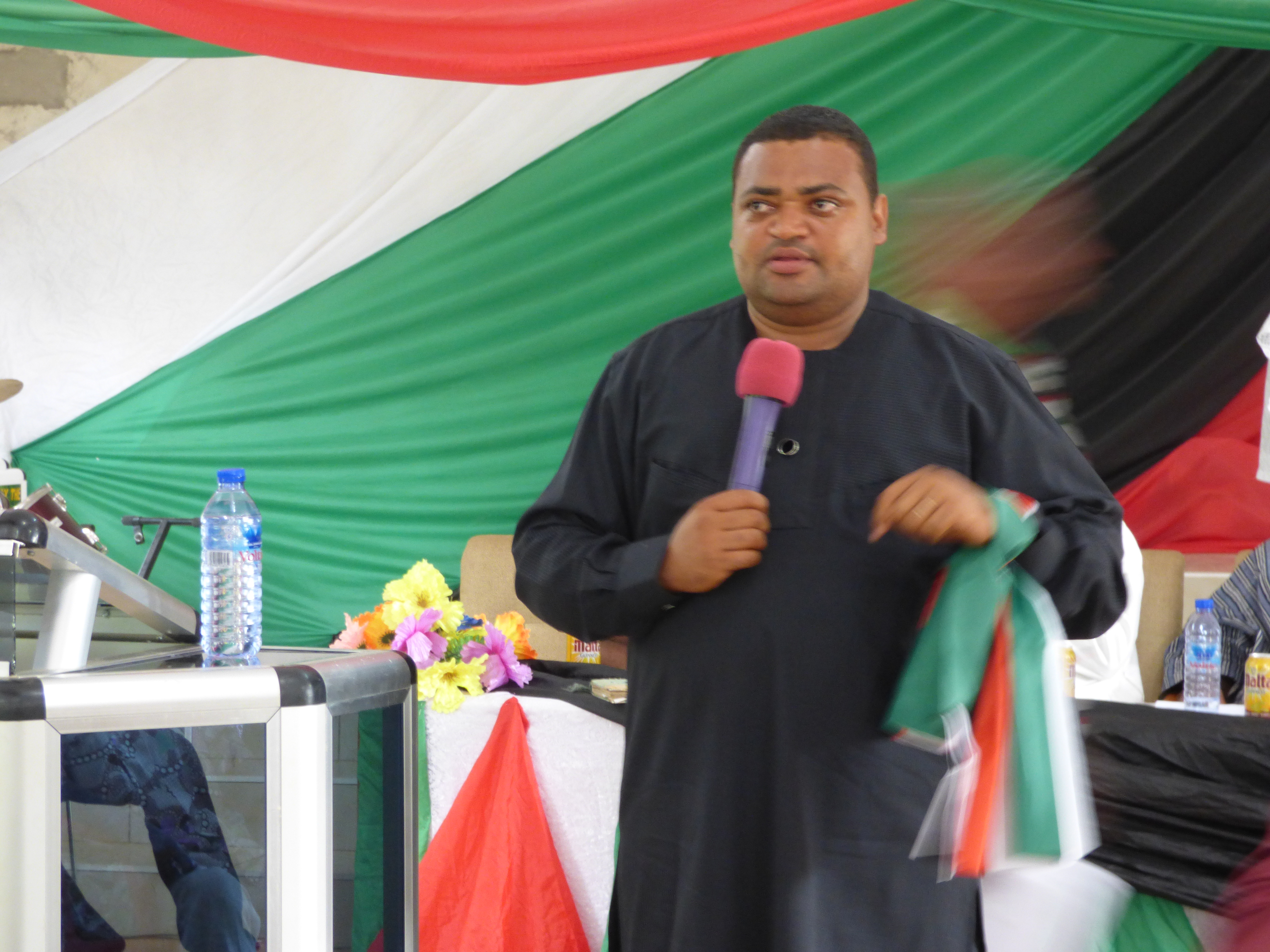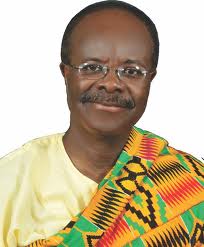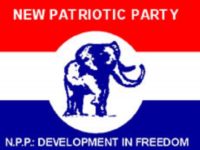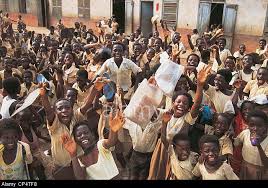 Pupils participating in or cheering in support of the ‘Won Gbo’ demonstration, organised by the leading opposition political party in Ghana, the New Patriotic Party, on February 18, 2015, has received massive attention in the political discourse in Ghana. There are those who are castigating the pupils for cheering or, if you like, following the demonstrators to also register their discontent with dumsor in Ghana. And there are equally those who think the pupils have the right to do what they did. The honourable deputy Minister of Education, Mr. Samuel Okudzeto Ablakwa, as it were, is threatening to deal ruthlessly deal with the head teachers from whose schools these pupils were cheering in support of the dumosor demo. Typical of clientelistic politics, I read that some of these head teachers have come out to apologise for what happened. Was it necessary for the head teachers to apologise? Why did they apologise? Did they apologise because they feared that their source of livelihood will be terminated?
Pupils participating in or cheering in support of the ‘Won Gbo’ demonstration, organised by the leading opposition political party in Ghana, the New Patriotic Party, on February 18, 2015, has received massive attention in the political discourse in Ghana. There are those who are castigating the pupils for cheering or, if you like, following the demonstrators to also register their discontent with dumsor in Ghana. And there are equally those who think the pupils have the right to do what they did. The honourable deputy Minister of Education, Mr. Samuel Okudzeto Ablakwa, as it were, is threatening to deal ruthlessly deal with the head teachers from whose schools these pupils were cheering in support of the dumosor demo. Typical of clientelistic politics, I read that some of these head teachers have come out to apologise for what happened. Was it necessary for the head teachers to apologise? Why did they apologise? Did they apologise because they feared that their source of livelihood will be terminated?
Well, these are some of the questions we all need to think about. But while I ask these questions, they are not the focus of my attention. What I want to bring out is that pupils/children participating in national politics is not a novelty, and Ghana did not enter the historical archives for having some of its pupils taking part in politics. The apartheid in South Africa had school pupils as young as 16 years participating in radical political demonstration against white minority rule in the Rainbow country. Again, children being co-opted into politics could be traced to the era of the crusades, when the Christians and the Muslims were locked up in a protracted war over the control of Jerusalem. Readers should also read about the history of the industrial revolution in England to know the roles played by children.
Now, GES’s rule against pupils participating in politics, I presume, is based on the assumption that school pupils are so young to be exposed to politics: they are so young to understand the intricacies and risks associated with politics. But these reasons are very fallacious and untenable. First, the Constitution of Ghana allows anyone who is 18 years and above to vote. So, by extension, anyone, who is 18 years and above, regardless of educational level, can participate in active politics. When the NDC, in 2008, assembled primary pupils to sing in support of the candidature of the late President E.A. Mills, were they not aware that they were dealing with children? When children transposed the perceived economic hardship under the NPP’s regime into music in support of the NDC in 2008, was it not politics that they were doing? Again, in 2012 elections, the NDC engaged school pupils in singing political songs against the NPP. Was that not politics the children were doing?
Perhaps, these people think that politics is only about voting and being voted for. Before 2000, some of us used to sing and cheer the soldiers of J.J. Rawlings on whenever it was June 4. I remember how we gathered at the Maamobi-Nima highway to cheer the soldiers and Rawlings on. Were we not doing politics? Now, when I was teaching at Kanda Estate ‘2’ Primary school in 2010, I had some of my class six pupils, who were 18 years and above. And most of these pupils, I must admit were very much knowledgeable about national politics. So, we cannot, on the basis of age, rule out all pupils from participating in politics. Second, the argument that pupils may not have access to information in order to engage in active politic is also a lie, a lie because we live in a historical epoch that is rightly called information age. Information is readily available to whoever cares to know. Before writing this piece, I had a discussion with one of my colleagues in Uganda, East Africa, who told me that at the age of 24 in 2000, he was still illiterate in computing, and that he was introduced to the internet by one of his class five pupils. The class five pupil was so smart and precocious that he was always crosschecking from the net to know whether my colleague was teaching the right thing. Again, at Kanda Estate ‘2’, I gave assignments that compelled my pupils to go search for information online. I must say that pupils of today are more sophisticated in thinking than when I was their age. When I was in lower primary school at Kotobabi Presbyterian Primary school, we were never given any assignment, we were not doing any critical thinking subject: all we were doing was to sing, ‘laaka la kala.’ I don’t want to go into the psychological argument of this practice. But permit me to say that the same cannot be said of pupils today. Now, even KG pupils are taught complex subjects and given assignments. The scheme of the world is changing so fast that we would live in a delusion if we were ever to think that pupils are very ignorant of state issues.
What is more, when I was teaching at the primary level, I always engaged my class six pupils in discussing national matters. We read Social Studies from retrospective and fore-looking angles, and this always brought in current national politics. And my pupils were very good at discussing national politics. Third, pupils know it when they are affected by an economy that has taken a nosedive. A lot of pupils live on shoestrings on daily basis, so they know what it means to live in a country that has been plunged into darkness in the 21st century. Pupils of Kanda Estate ‘2’ Primary school, who sell sachet water in front of the Nima police station, perhaps understand the economic ramifications of ‘dumsor’ better than some of our economists. Again, a primary pupils, who finds it difficult to study in the evening because of ‘dumsor’ knows the difficulty ‘dumsor’ has brought them.
Finally, those politicians who are deluding themselves into thinking that pupils are not mentally sophisticated enough should pay attention to some radio programmes that feature pupils discussing national matters. Again, we should distinguish between chronological age and social age: the two are not necessarily the same. One could grow chronologically, but lacking in common sense, and one could be younger in age, but mature in mind. Unfortunately in our culture we brand such children as ‘mpeninsem’, and in consequence, kill their talents. We have primary pupils who are wittier, precociously talented, and socially more mature than some university graduates. We have a lot of Born-Before-Computer (BBC) adults in our midst, who are more ignorant than the primary pupil. I submit that the GES should reconsider its rules to match up with the globalised world. The schemes of the world are changing so fast, and Ghana cannot afford to be impervious to modernity. Satyagraha!!
The writer is a Lecturer at the African University College of Communications, Prolific Social analyst and PhD Student, Makerere Institute of Social Research, Makerere University
E-mail: prempehgideon@yahoo.com

